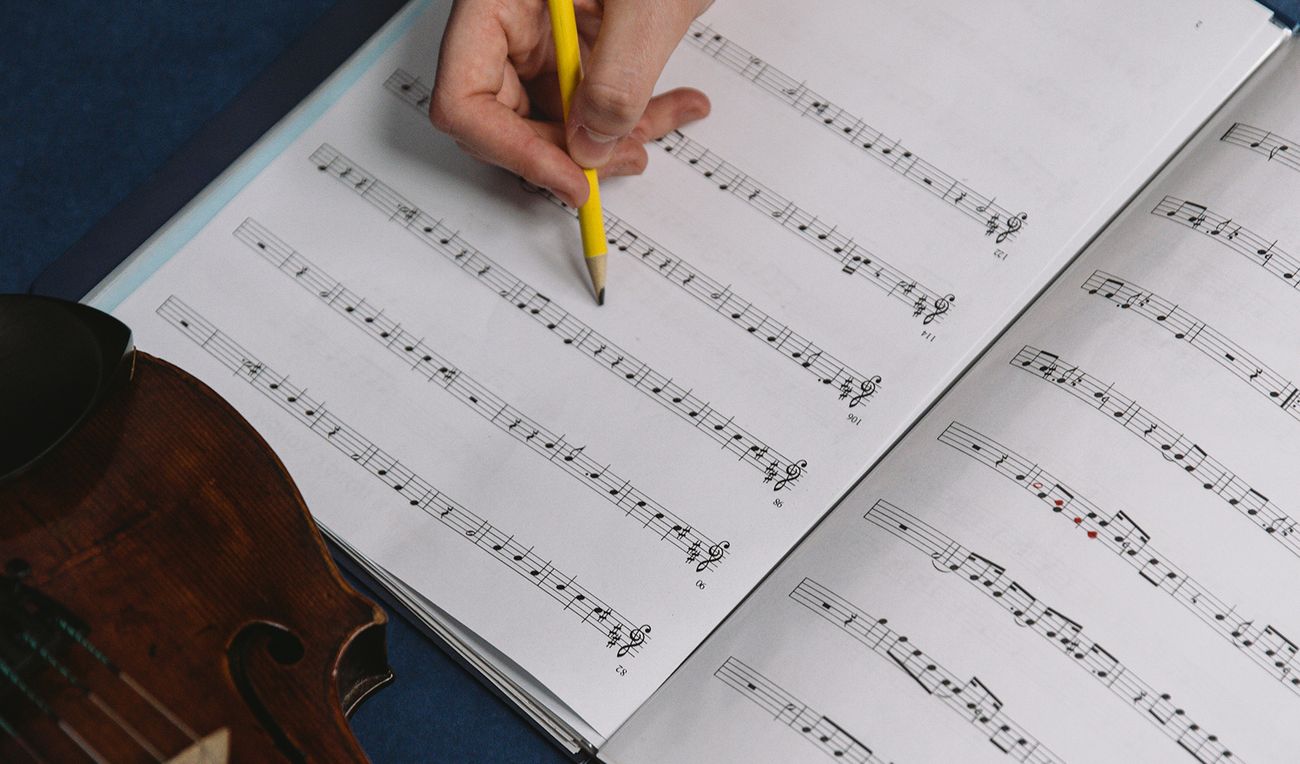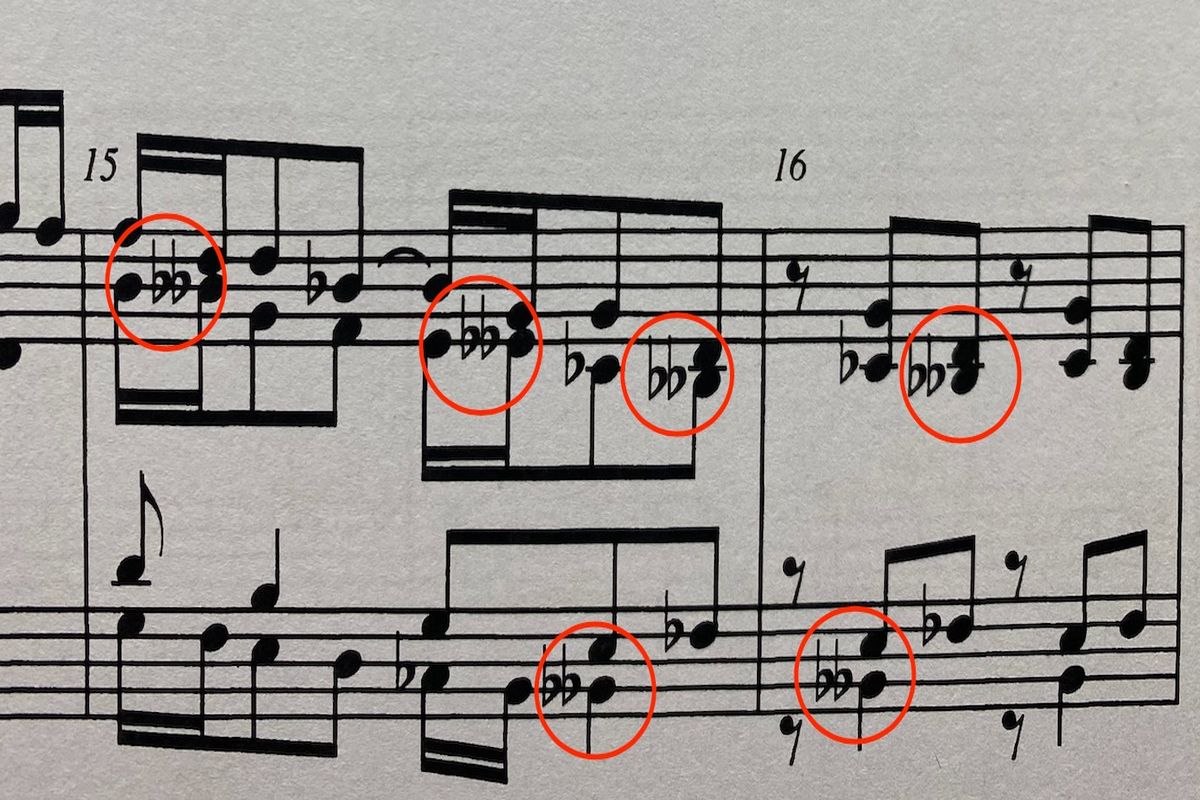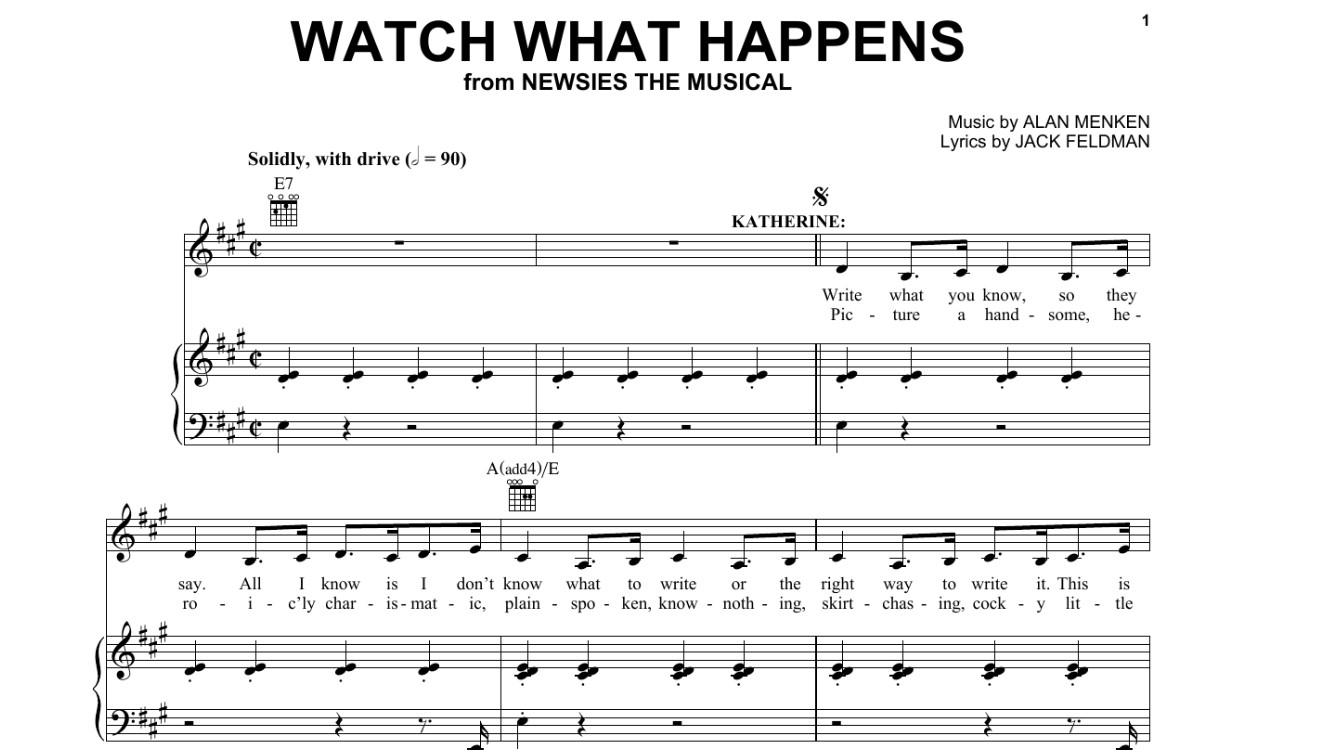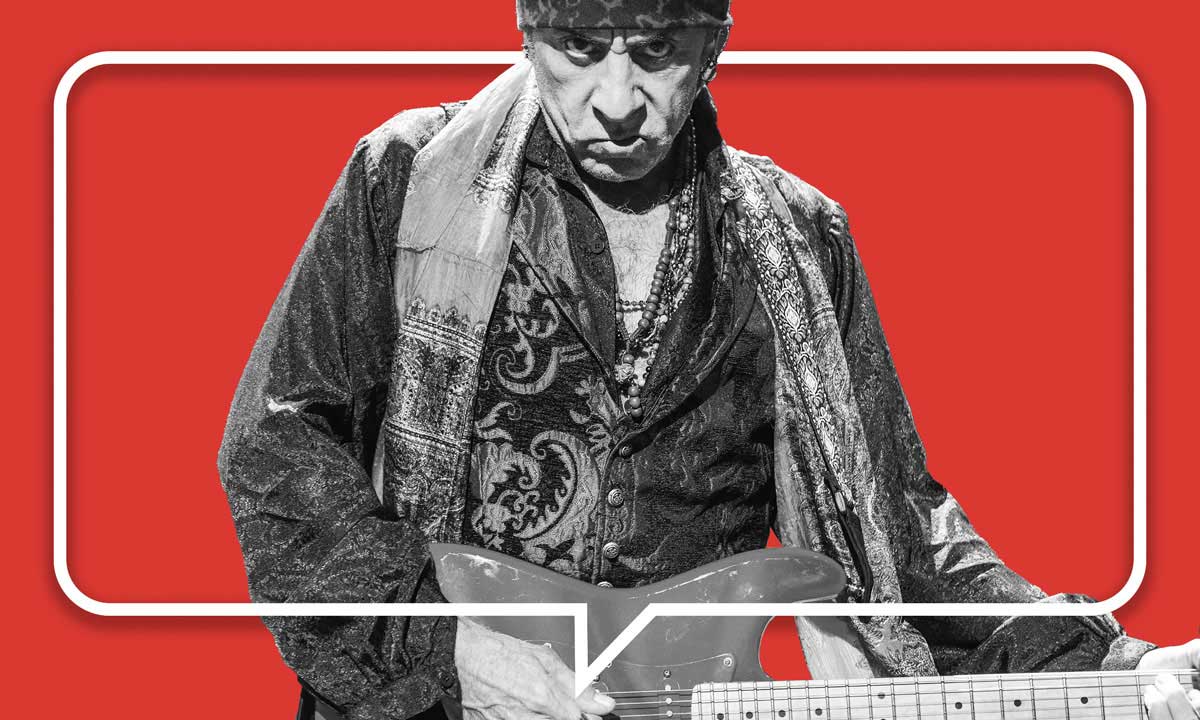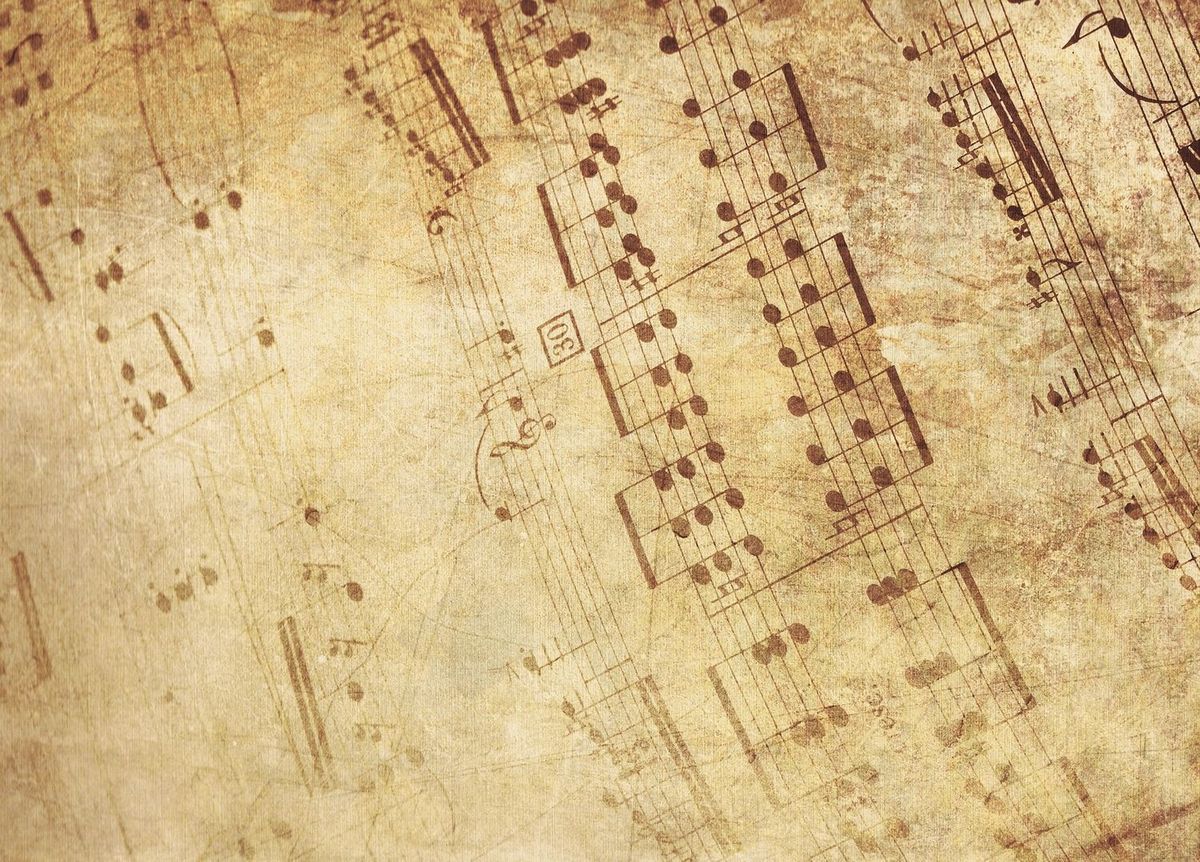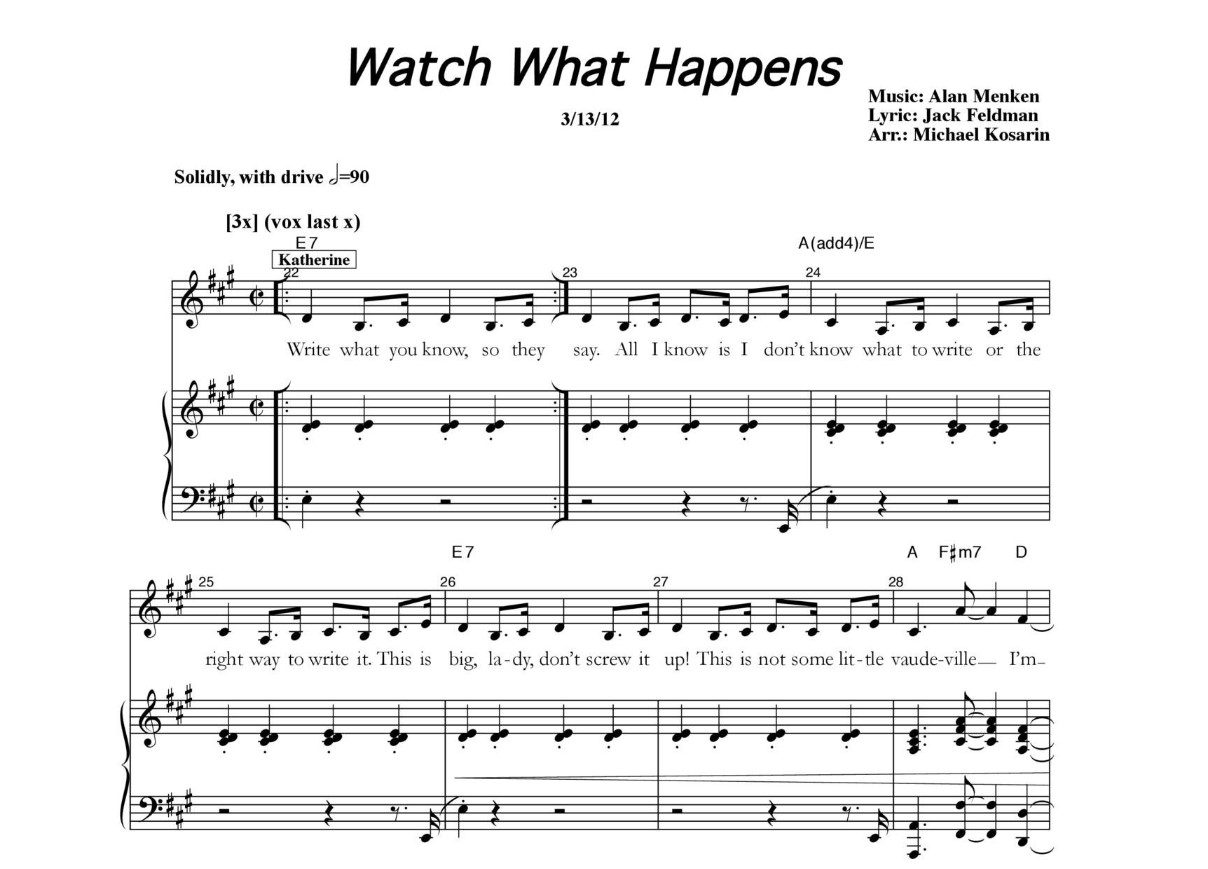Home>Production & Technology>Music Theory>What Happens When Schools Stopped Teaching Music Theory
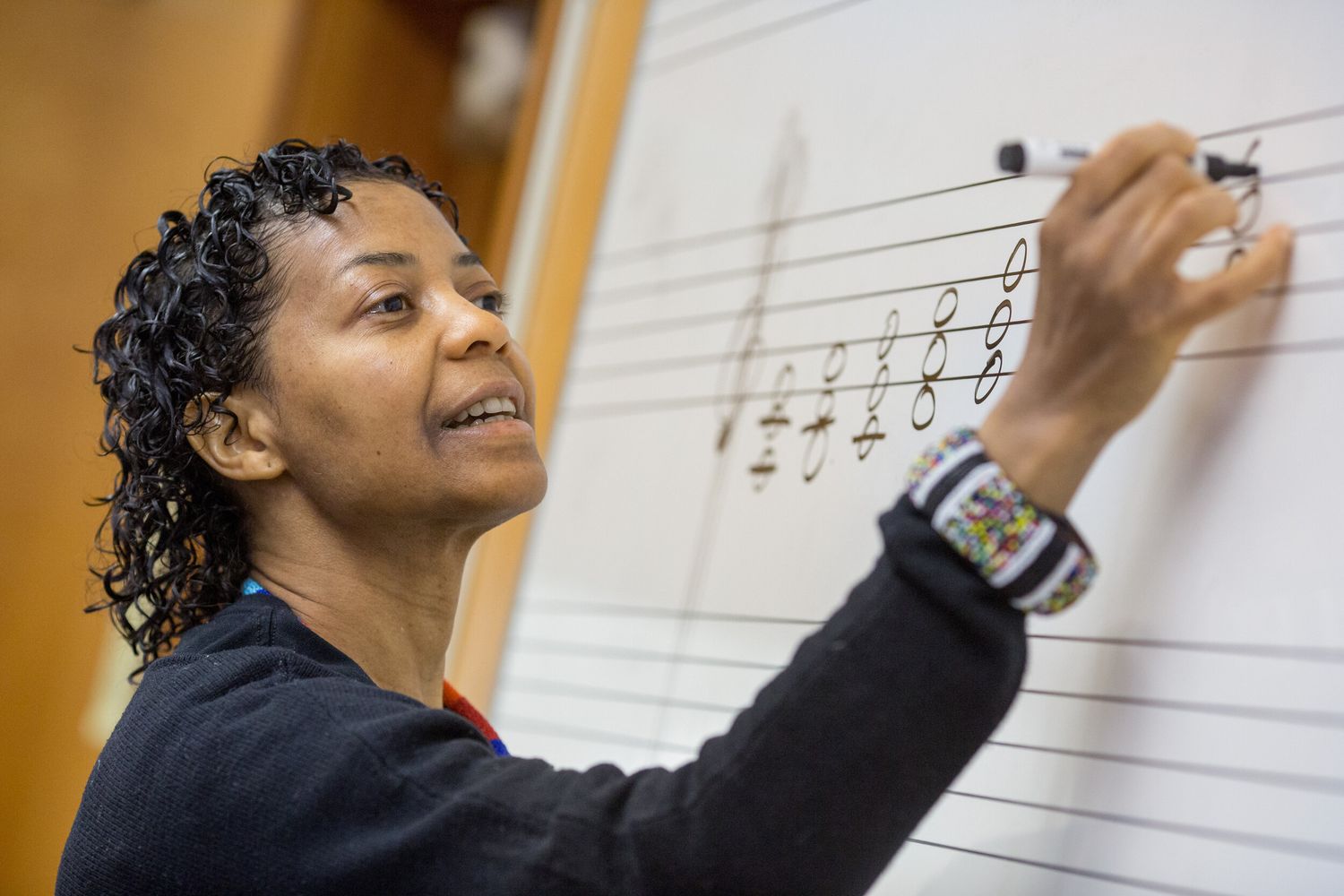

Music Theory
What Happens When Schools Stopped Teaching Music Theory
Published: January 30, 2024
Discover the impact of schools no longer teaching music theory on students and their musical education. Find out how this change affects the understanding and appreciation of music.
(Many of the links in this article redirect to a specific reviewed product. Your purchase of these products through affiliate links helps to generate commission for AudioLover.com, at no extra cost. Learn more)
Table of Contents
Introduction
Music theory is an essential component of music education that provides students with the knowledge and understanding of how music works. It encompasses the study of notation, scales, chords, harmony, rhythm, and composition. For many years, music theory was a fundamental part of the curriculum in schools, ensuring that aspiring musicians gained a strong foundation in the subject.
However, in recent times, there has been a noticeable shift away from teaching music theory in schools. This change has sparked debates among educators, musicians, and enthusiasts about the implications of removing music theory from the curriculum. While some argue that it is a necessary adjustment to modern education, others express concerns about the potential consequences for students and the future of music education.
In this article, we will explore the background of music theory in schools, the reasons behind its removal, and the effects it has on students. We will also discuss the impact on music education as a whole and explore alternate approaches to teaching music theory.
Background of Music Theory in Schools
Music theory has long been considered a vital component of a comprehensive music education. It has been taught in schools for decades, providing students with a solid foundation in the principles and techniques of music composition and analysis. The study of music theory allows students to understand the structure and inner workings of musical pieces, enabling them to communicate and interpret music effectively.
In the past, music theory courses were a staple in school curricula, particularly in dedicated music programs or specialized arts schools. Students would learn essential concepts such as reading sheet music, understanding key signatures and time signatures, identifying intervals and scales, and analyzing chord progressions. They would also delve into more advanced topics like counterpoint, form and structure, and musical analysis.
Music theory education played a crucial role in nurturing young musicians and preparing them for further studies or careers in music. It provided a strong theoretical foundation that could be applied to different musical genres and styles. It empowered students to become competent instrumentalists, composers, or music educators, equipping them with the skills to express themselves through music and understand the work of others.
Furthermore, music theory was not solely limited to students pursuing a career in music. It was often integrated into general music education programs to introduce all students to the fundamental concepts and elements of music. This exposure allowed them to develop a deeper appreciation and understanding of the music they encountered in their daily lives.
However, the landscape of education has undergone significant changes in recent years, influenced by factors such as shifting priorities, budget constraints, and evolving teaching methodologies. As a result, the prominence of music theory in school curricula has diminished, leading to a reduction or exclusion of dedicated music theory courses in many educational institutions.
Reasons for Schools to Stop Teaching Music Theory
The decision to stop teaching music theory in schools is often driven by various factors that educational institutions and policymakers consider when restructuring curricula. While these reasons may vary from one school or district to another, there are some common factors that contribute to the decline of music theory education:
- Emphasis on standardized testing: In recent years, there has been a significant emphasis on standardized testing in schools, with subjects like math, science, and reading taking precedence. As a result, there is a growing pressure to allocate more instructional time and resources to these core subjects, leaving less time for non-tested subjects such as music theory.
- Budget constraints: Educational institutions are often faced with financial limitations that force them to make difficult decisions about resource allocation. Music theory classes may require specialized instructional materials, such as textbooks, sheet music, and instruments, which can be costly to maintain. Therefore, schools may choose to divert funds to other areas deemed more essential.
- Lack of qualified teachers: Teaching music theory requires specialized knowledge and expertise. However, finding qualified music theory instructors can be challenging, especially in areas with limited resources or a smaller pool of qualified professionals. This shortage of qualified teachers may make it difficult for schools to offer comprehensive music theory programs.
- Shifting educational priorities: Educational trends and priorities change over time. With a greater focus on STEM (Science, Technology, Engineering, and Mathematics) subjects and vocational training, music theory often takes a backseat. Schools may opt to prioritize subjects that are perceived as more directly applicable to future careers and economic success.
- Curriculum flexibility: Some schools may choose to adopt a more flexible approach to curriculum design, allowing students to have more choice in selecting their courses. While this approach can provide students with greater flexibility, it may also result in the downsizing or elimination of music theory courses due to lower demand.
It is important to note that these reasons are not without criticism. Many music educators and advocates argue that music theory education is essential for developing well-rounded individuals and that its exclusion limits students’ exposure to the cultural and intellectual aspects of music. The debate surrounding the value of music theory education in schools continues to evolve, with ongoing discussions about how to strike a balance between core subjects and the arts.
Effects of Music Theory Removal on Students
The removal of music theory from school curricula can have significant effects on students. Here are some of the potential consequences:
- Limited understanding of music: Without the study of music theory, students may have a limited understanding of the fundamental concepts and principles of music. They may struggle to read sheet music, recognize musical patterns, and analyze musical structures. This lack of knowledge can hinder their ability to fully appreciate and engage with music as both listeners and performers.
- Inability to compose and arrange: Music theory provides students with the tools and techniques to compose and arrange their own music. By removing music theory from the curriculum, students are denied the opportunity to develop their creative skills and explore their potential as composers or songwriters.
- Limited career opportunities: For students who aspire to pursue a career in music, a deep understanding of music theory is crucial. The removal of music theory education can hinder their chances of gaining entrance to music schools or pursuing higher education in music-related fields. It could also limit their prospects for professional opportunities within the music industry.
- Lack of critical thinking skills: Music theory encourages critical thinking and problem-solving skills through its analytical nature. By studying music theory, students learn to analyze and interpret music, identify patterns and relationships, and make informed decisions. Removing music theory from the curriculum deprives students of an opportunity to develop these valuable cognitive skills.
- Loss of cultural heritage: Music is an integral part of human culture and history. Learning music theory provides students with insights into various musical traditions and genres, connecting them to their cultural heritage. Removing music theory education can result in a loss of cultural understanding and appreciation for the rich diversity of musical styles and traditions.
It is important to recognize that not all students will pursue music as a career, but the benefits of music theory education extend beyond the realm of music itself. Music theory fosters creativity, critical thinking, and cultural awareness, skills that are valuable in many aspects of life. By removing music theory from the curriculum, students are deprived of these important educational and developmental opportunities.
Impact on Music Education and Curriculum
The removal of music theory from school curricula has a significant impact on music education as a whole. Here are some of the key consequences:
- Narrowing of music education: Music theory is a vital component of a comprehensive music education. Its removal narrows the scope of music education, reducing it to performance-based activities only. As a result, students miss out on the opportunity to develop a deeper understanding of music and explore different aspects of the discipline.
- Lack of musical literacy: Music theory is essential for fostering musical literacy. Without a solid foundation in music theory, students may struggle to read notation, understand musical symbols and terminology, and grasp the underlying structure of music. This lack of musical literacy hampers their ability to fully engage with and appreciate the art form.
- Undermining of music programs: Music theory provides the backbone for music programs, supporting performance, composition, and music appreciation. Without the inclusion of music theory, music programs may be seen as less comprehensive and valuable. This can lead to decreased support and resources for music education, ultimately jeopardizing the sustainability and viability of music programs in schools.
- Decreased opportunities for musical exploration: Music theory opens up a world of musical exploration by introducing students to various genres, styles, and historical periods. It allows them to analyze and understand different musical forms and structures. Removing music theory limits students’ exposure to a diverse range of music, hindering their ability to develop a well-rounded musical knowledge and appreciation.
- Loss of career pathways: The study of music theory is crucial for students who wish to pursue careers in music. Without a solid foundation in music theory, students may be ill-prepared for further studies in music and may struggle to enter music-related professions. This loss of career pathways can hinder the development of future musicians, composers, music educators, and other music industry professionals.
The impact of removing music theory from the curriculum extends beyond the realm of music education. It affects the overall educational experience by diminishing the availability of a well-rounded arts education. Music education has been shown to nurture creativity, critical thinking, and problem-solving skills, which are crucial for students’ holistic development. By devaluing music theory, educational institutions risk depriving students of these essential skills and limiting their educational opportunities.
Alternative Approaches to Teaching Music Theory
While the removal of music theory from school curricula is a concern, there are alternative approaches that can be adopted to ensure that students still receive a comprehensive music education:
- Integrate music theory across music education: Instead of having dedicated music theory classes, music theory concepts can be integrated throughout the music education curriculum. This approach allows students to develop their music theory knowledge in tandem with their practical skills, making the learning process more engaging and applicable.
- Utilize technology: Technology can play a significant role in teaching music theory. There are numerous online resources, apps, and software available that provide interactive learning experiences for students. These tools can supplement classroom instruction and allow students to practice and reinforce their music theory knowledge in a more engaging and accessible way.
- Collaborate with local music organizations and professionals: Schools can establish partnerships with local music organizations, professional musicians, and educators who specialize in music theory. These collaborations can provide students with additional opportunities to learn music theory from experts, attend workshops, and participate in enrichment programs.
- Emphasize practical application: Music theory can be more engaging when students understand its practical application. Incorporating composition projects, sight-reading exercises, and improvisation activities into the curriculum can demonstrate to students how music theory directly influences their performance and musicianship.
- Offer extracurricular programs: Schools can provide extracurricular music programs that focus specifically on music theory, catering to students who have a keen interest in delving deeper into the subject. These programs can offer advanced coursework, individualized instruction, and performance opportunities for students to apply their music theory knowledge.
By adopting these alternative approaches, schools can ensure that music theory remains an integral part of music education. Students can acquire a solid foundation in music theory alongside their practical skills, encouraging a deeper understanding and appreciation of music as a whole.
Conclusion
The removal of music theory from school curricula raises concerns about the future of music education and its impact on students. Music theory provides a comprehensive understanding of how music is constructed and interpreted, fostering musical literacy, creativity, and critical thinking skills. Its exclusion limits students’ ability to fully engage with music as both performers and listeners.
However, alternative approaches can be implemented to ensure that music theory remains an essential component of music education. Integrating music theory concepts across the curriculum, utilizing technology, collaborating with music organizations, emphasizing practical application, and offering extracurricular programs are all strategies that can help maintain a comprehensive music education.
It is crucial for educational institutions, policymakers, and music educators to recognize the value of music theory in nurturing well-rounded individuals. By providing students with a strong foundation in music theory, schools can empower them to become skilled musicians, composers, and music educators. Moreover, the inclusion of music theory in the curriculum contributes to the preservation and appreciation of musical heritage, encourages cultural understanding, and enhances the overall educational experience.
In conclusion, while the removal of music theory from schools presents challenges, it is imperative to prioritize the inclusion of music theory in music education. By doing so, we can ensure that students receive a comprehensive and enriching music education that equips them with the necessary skills to navigate the world of music and fosters a lifelong love and appreciation for this art form.

